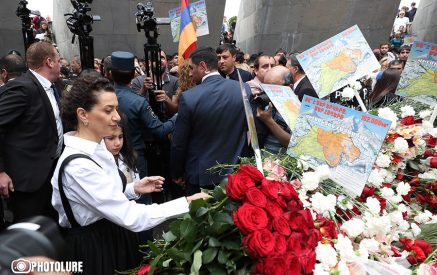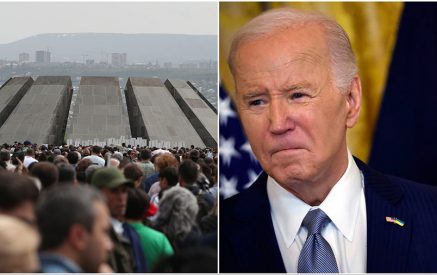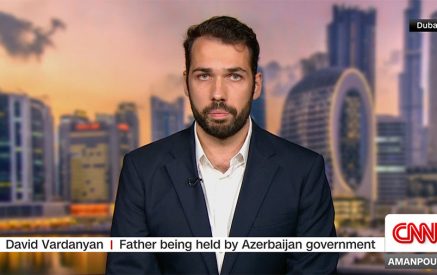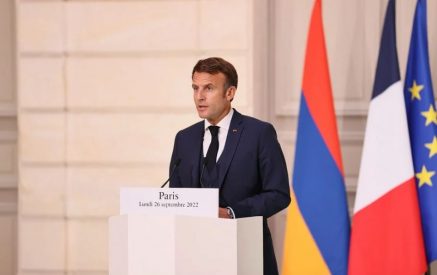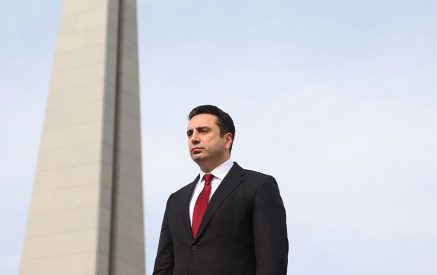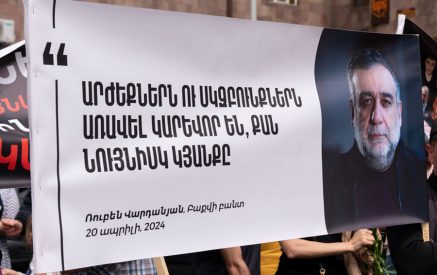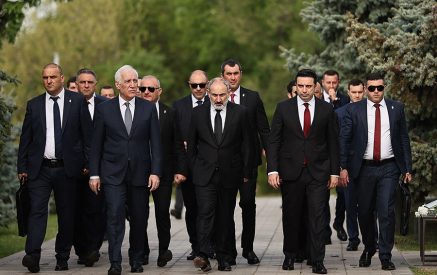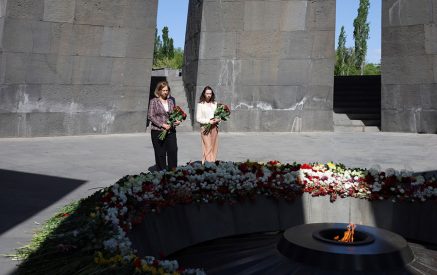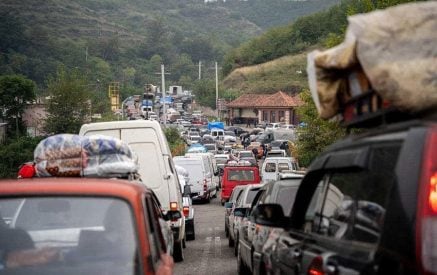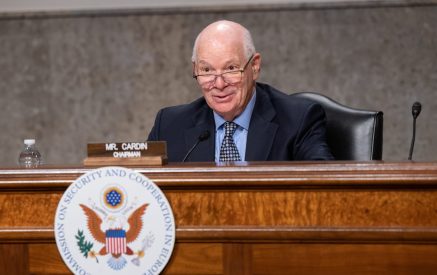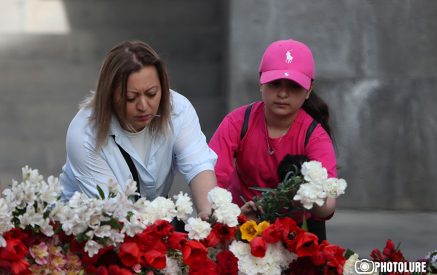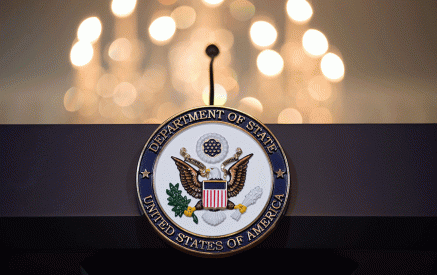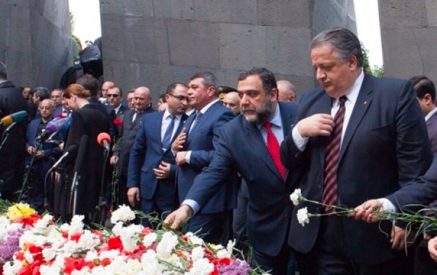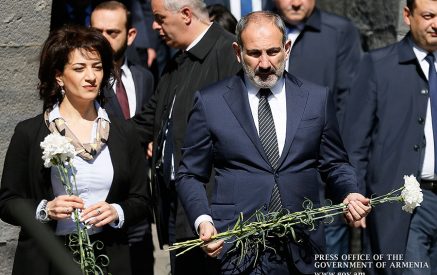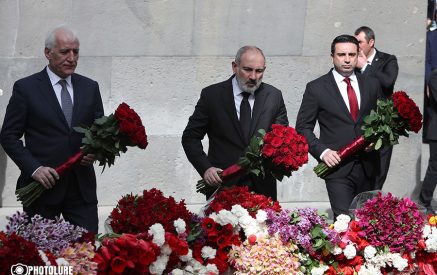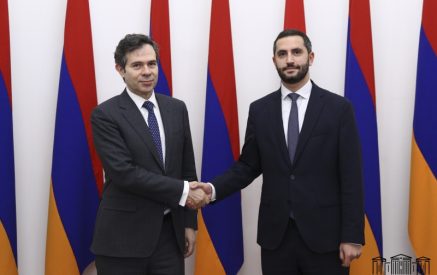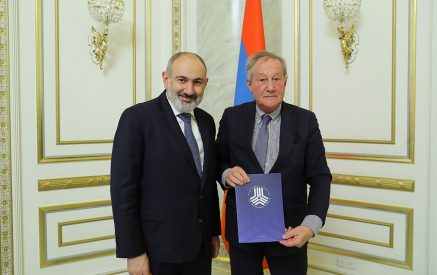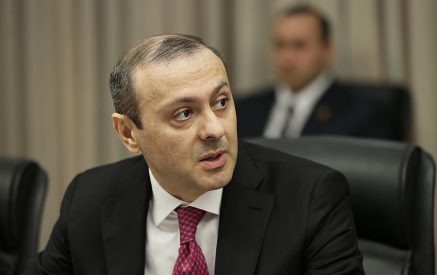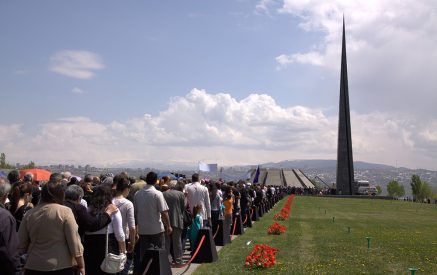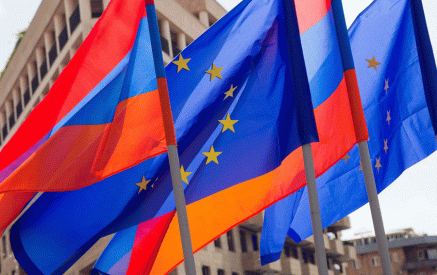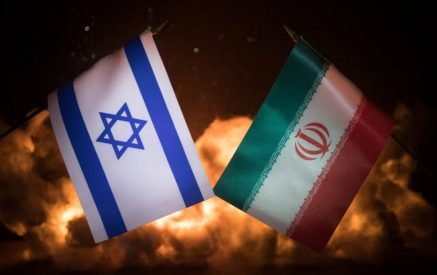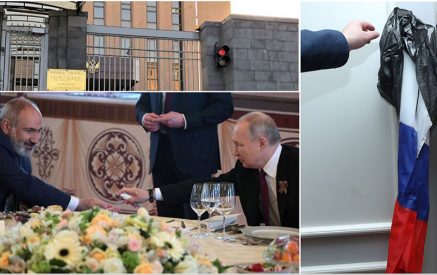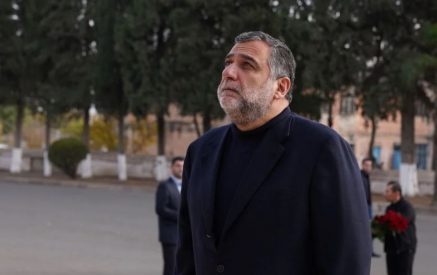According to the expert Marta Ayvazyan, it is also due to the intensity and effectiveness of the EU efforts
– The findings of the “Eastern Partnership” Summit in Riga “provide a new opportunity for the EU-Armenia future partnership,” recently announced EU Delegation to Armenia, Traian Hristea, in Yerevan. No separate document was signed in Riga on Armenia, but there are estimates that Armenia is ready to deepen its relations with the EU up to signing a new agreement. Do you see such a possibility?
– Certainly, there is a possibility of a new agreement. The EU, guided by its policy of involvement, has always stated that it is ready to continue cooperating with Armenia. Currently, the partnership will continue newly, possibly renamed, but by essence, under the same Partnership and Cooperation Agreement, which operated since 1999, where the main directions would remain the same: democracy, human rights, rule of law, government and judiciary reform, combating corruption and so on. It is also possible to sign separate agreements or contracts by spheres.
The format to move ahead by small steps is the main format of the EU involvement policy and under the current situation, in its relations with Armenia, the EU will continue to be guided by this principle, trying to possibly maintain its presence and influence in Armenia and to achieve progress in the spheres where it is possible. However, the success of this policy, the intensity and the effectiveness of the EU efforts in this direction depend also on our domestic demand, from the availability of partners bearing responsibility for their words and deeds and reliable for the EU in the social and political fields of Armenia. In any case, signing of the new agreement is a welcome step and will provide us an opportunity to maintain the partnership with the EU at a certain level.
Read also
– One can conclude from the statements by both the authorities of Armenia and already the European diplomats and officials that Armenia’s joining the EaEU is not an obstacle to signing a new agreement with the EU, there are even rumors that the agreement might contain an economic component. How do you envision Armenia’s trade and economic partnership perspective with the EU under the membership of the EaEU? Is it possible to reach a common ground on this issue?
– If desired, indeed, it is possible to reach a common ground and find a partnership wording acceptable to all parties, including also the limited economic component in it. However, to achieve some success, it is necessary to establish a more effective, systematic and strict supervision by the EU over the implementation of the projects within the partnership and their efficiency.
– During the meeting with Serzh Sargsyan and Swedish Prime Minister Stephen Löfvén, the latter hailed the policy aimed at Armenia’s becoming a bridge between the Eurasian Union and EU, which, in his opinion, could become an important platform for partnership. In your opinion, does Armenia have anything to do in this area? Can it assume the role of the regional “player”, especially given the sentiment of the West towards Azerbaijan, at this stage, is quite negative?
– For me, these statements do no sound substantive and are more of declarative nature. Firstly, to assume a role of a true “player” in the region and in the international platform, it is necessary to be a possibly independent and sovereign state, which, alas, does not apply to the present Armenia, and the negative attitude by the West towards Azerbaijan does not fill in this gap at all. Also, it is not clear on how this “bridge” would be established under the current geopolitical situation and Armenia’s absolute dependence on Russia, what content it should have and what purposes it should serve, and whether or not this role, if existed in any format, would work for the benefit of Armenia’s interests, and whether Armenia would be able to use it as appropriate.
It’s hard to assume that the Eurasian Union, and more precisely, Russia and the EU in their relations need to have a bridge or a platform like Armenia. And if it comes to serving the interests of Russia within the framework of the EU partnership in the way it happened in this summit, when Armenia along with Belarus objected the provisions on annexation of the Crimea by Russia in the Declaration of the Summit, then hardly such a role be in favor of Armenia’s interests and raise Armenia’s rating in the international platform. In the meantime, it is obvious that in case of being guided by the national interests and running an independent foreign policy, Armenia, given its geographical position and historical ties, could become a real bridge or a key platform for partnership between the EU and a number of states in our region, particularly between Iran. Armenia has always attracted interest by the West and Iran, and our role would be definitely beneficial for all three parties.
– Deputy Head of Presidential Administration of Azerbaijan, Novruz Mammadov, announced that Azerbaijan has made concessions to the EU by signing the Declaration of the “Eastern Partnership” summit in Riga. Can it, indeed, be considered a concession and an achievement for the Armenian side that one of the fundamental principles mostly preferred by Azerbaijan – the “territorial integrity” – on the settlement of the conflict was not mentioned in the clause on Nagorno-Karabakh?
– Firstly, about the Declaration of the summit. None of the Declaration of the four “Eastern Partnership” summits held up to now contained a particular reference to any of the fundamental principles of the conflict settlement. All four declarations used the common wording, “a peaceful settlement of the conflict based on norms and principles of the international law”. Hence, in this sense, I see neither a concession nor an achievement.”
At the same time, I must note that after the annexation of the Crimea by Russia, the principle of territorial integrity obtained more weight and sonority in the international platform. From this perspective, it is possible that the Azerbaijani side had greater expectations in terms of reaching their desired formulations. A certain impact played also the EU’s voicing the problems related to human rights and democracy. However, I’m more inclined to think that Azerbaijan’s posture during the Summit should also be viewed in the context of deepening the relations of Azerbaijan with Russia.
– These days, the issue of tension between Azerbaijan and the West is underway, and opinions are voiced that we should not rejoice with unpredictable Azerbaijan. Is this an “unpredictability” by Azerbaijani authorities, or simply a traditional policy of subjecting all countries and structure to certain “blackmail” on the issue of Nagorno-Karabakh?
– Any unpredictable state represents a danger not only to his neighbors, but it may also endanger the international security and the stability. The circles of the international partnership and the institutions are called also to coordinate the international relations by regulating and possibly making the behavior of the states predictable. Azerbaijan being beyond the circles of the EU partnership, levers of influence and supervision by the West is much more dangerous for Armenia. The same is equally true for Turkey, whose failed membership to the EU would be beneficial for Armenia. This also obtains a particular importance to reduce the risk of possible expansion of the Islamic extremism in the South Caucasus.
So, Azerbaijan-West tension, which, in my opinion, is the manifestation of not the unpredictability, but the calculated policy of Azerbaijan, does not provide an opportunity to rejoice under the current situation. Moreover, this situation should be estimated very concerning and dangerous for Armenia, particularly in the event of intensity and deepening of the Russia-Turkey-Azerbaijan trio partnership, from the perspective of their shadow, possible arrangements endangering Armenia’s vital interests and the security of Nagorno-Karabakh. I must also note that the to resist these dangers, Armenia’s possibly reliable and historical ally in our region is Iran, the only country whose interests in this dimension coincide with the interests of Armenia, and which is capable not only to balance, restrain the two Turkish states and obstacle their aggressive policy in our region, but also to some extent neutralize Russia’s influence in the South Caucasus.
Emma GABRIELYAN, “Aravot” daily





























